Republished with permission, the Jerusalem Post
January 17, 2022 — Rabbi Israel “Sy” Dresner, who demonstrated with Martin Luther King Jr. and was sometimes called the “most arrested rabbi in America,” died Thursday at age 92.
Dresner, who was a Freedom Rider in the 1960s, built a career as a social justice-oriented Reform rabbi who was active in the fight against the Vietnam War and was a vocal opponent of Israel’s occupation of the West Bank. Dresner was diagnosed with stage 4 colon cancer in December.
“Well, I want to be remembered as somebody who not only tried to keep the Jewish faith … But also to invoke the Jewish doctrine from the Talmud, which is called ‘tikkun olam,’ repairing the world, and I hope that I made a little bit of a contribution to making the world a little better place,” Dresner told CBS New York in December.
Israel Seymour Dresner was born on the Lower East Side in 1929 to an Orthodox family and grew up in Brooklyn, where his father ran a delicatessen. He attended yeshivas as a child but went on to become a Reform rabbi after serving in the Korean War and working on a kibbutz in Israel.
He first practiced his activism protesting the British government’s decision to block Jewish immigration to Palestine outside a British-owned business in Manhattan in 1947, according to a 2011 interview with the New York Jewish Week.
His first arrest came in June 1961, when an interfaith group of white and Black activists traveled on a bus through the South on a Freedom Ride that aimed to desegregate bus stations. He was arrested again every summer over the next three years.
“I was a Reform rabbi, but I always wore a yarmulke,” Dresner told the Jewish Telegraphic Agency in 2011, 50 years after his first Freedom Ride. “I wanted people to know I was Jewish.”
Dresner first met King in 1962. That summer, he spent a night trapped in a house with King and other activists while the house was surrounded by hundreds of members of the local White Citizens Council. King told Dresner about his experience attending a Passover seder at a Reform synagogue in Atlanta that year.
“Dr. King said to me, ‘I was enormously impressed that 3,000 years later, these people remember their ancestors were slaves, and they’re not ashamed,” Dresner said. “He told me, ‘We Negroes have to learn that, not to be ashamed of our slave heritage.’”
In 1963, King spoke at Dresner’s synagogue in Springfield, New Jersey. In 1964, at King’s request, Dresner led a delegation of Reform rabbis to St. Augustine, Florida, where they participated in an anti-segregation protest at the Monson Motor Lodge.
“We need you down here with as many Rabbis as you can bring with you!” King wrote to Dresner. Dresner and the other rabbis traveled to Florida straight from a meeting of the Central Conference of Rabbis meeting in Atlantic City, N.J.
In 1965, King asked Dresner to deliver the prayer at the Edmund Pettus Bridge in Selma, Alabama.
Dresner’s activism extended far beyond the Civil Rights Movement. In the 1970s, Dresner frequently protested in support of Soviet Jews. In 1982, he unsuccessfully tried to get the Central Conference of American Rabbis to condemn Israel’s invasion of Lebanon. At the time, Dresner told JTA he was committed to a “democratic and just Israel” and “what is happening in Lebanon today has nothing to do with that kind of Israel.” In 2013, Dresner was honored by President Barack Obama for his role in the Civil Rights Movement.
On Dresner’s bucket list after receiving his cancer diagnosis was a trip to Katz’s deli on the Lower East Side for one last pastrami sandwich. “He didn’t ask a single question about the disease. He was ready — and ready to fill whatever weeks he had left, as he had filled the nine decades before,” his son, Avi Dresner, wrote in an essay for the Forward.
Speaking to JTA in 2011 about his work in the Civil Rights movement, Dresner said he would do it all over again if the moment called for it.
“Because I’m Jewish,” Dresner said. “I didn’t see any alternative.”
Canonical Link:https://www.jpost.com/diaspora/article-692726
All rights reserved © The Jerusalem Post 1995 – 2022
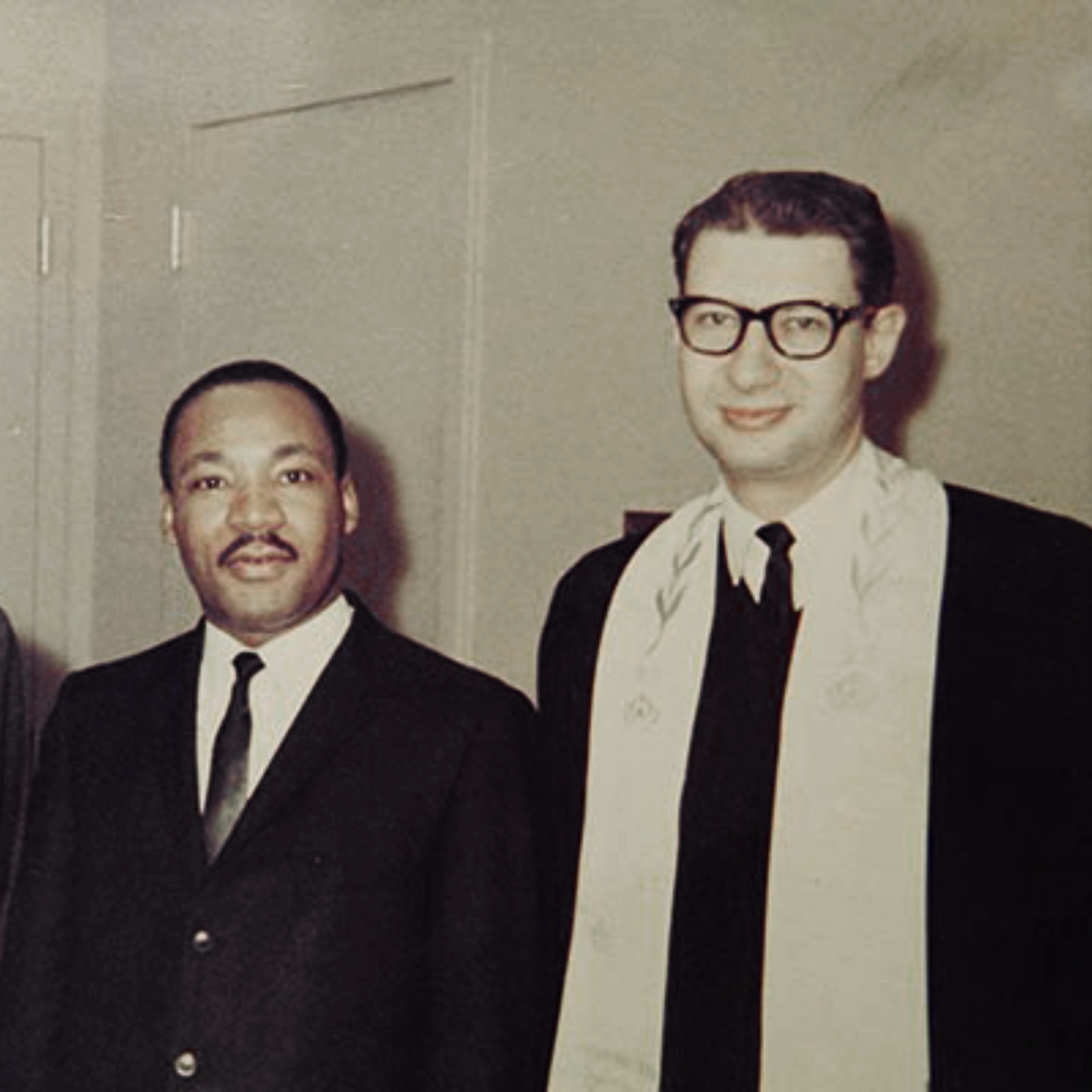

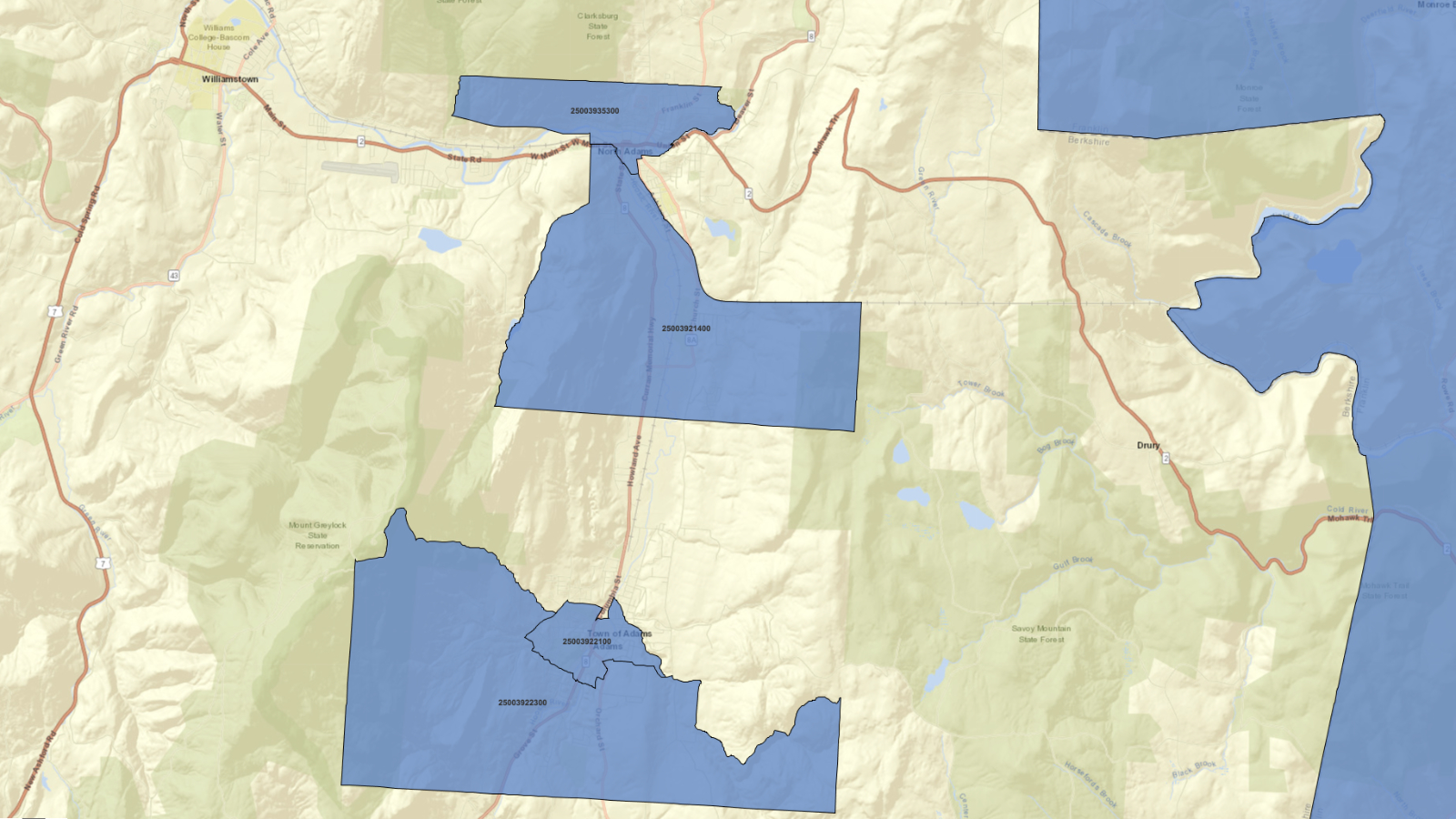
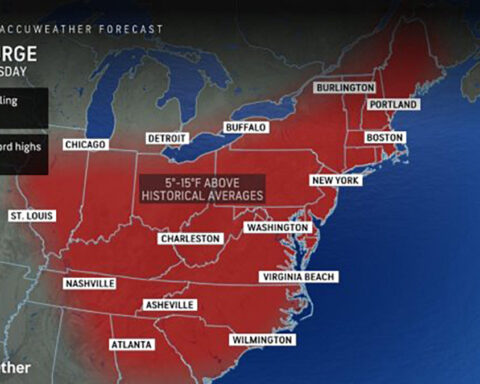
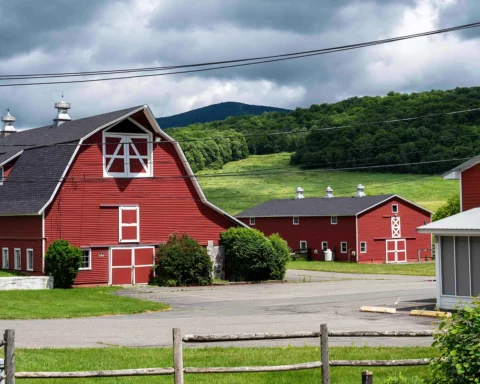

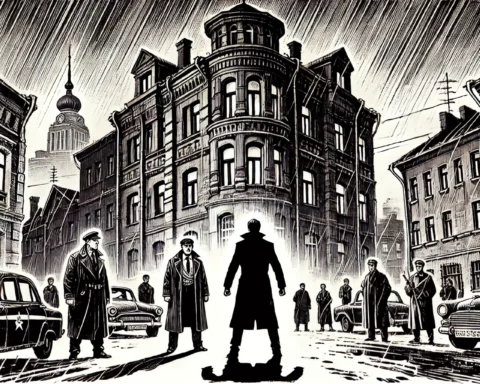

I love that his final request was to go to a favorite deli for one last pastrami sandwich! Good food–of the day-to-day kind, not necessarily something gourmet or glamorous–is almost as central to Jewish culture as fighting for social justice. Let his memory be a blessing.
I know, right?! Breaks my heart and makes me smile simultaneously. Thanks for reading!